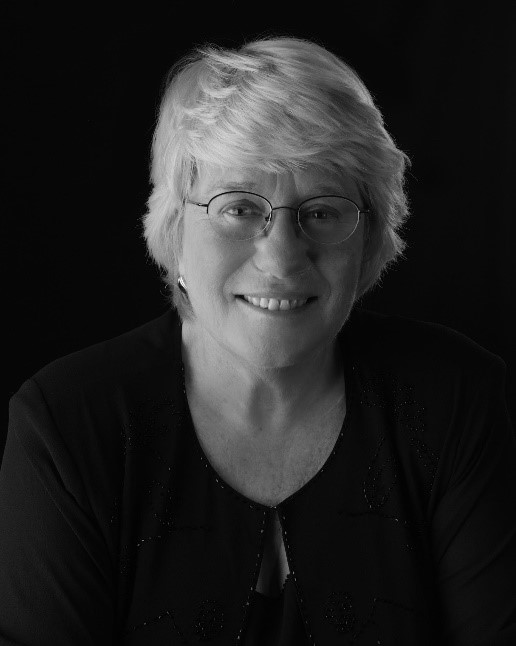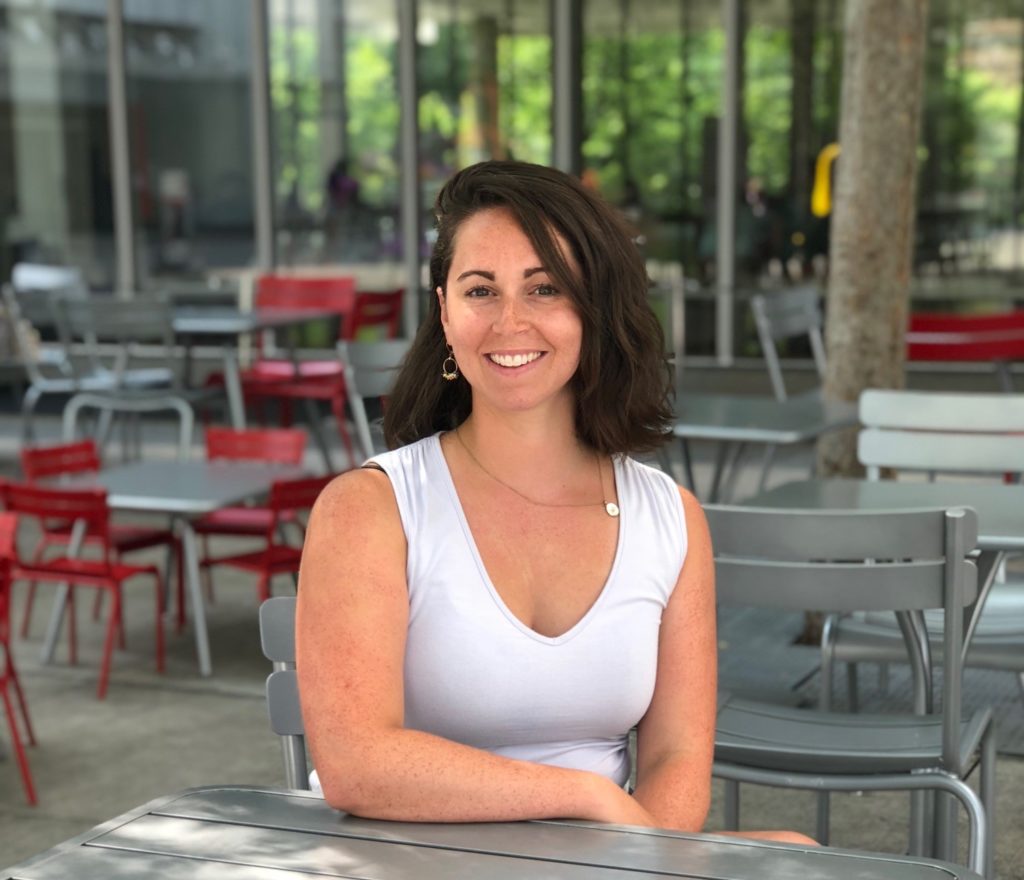Profiles in Professionalism With Carol M. Davis
Table of Contents
This innovative series featured in the Journal of Humanities in Rehabilitation seeks to explore the elusive yet crucial concept of professionalism and its role in the field of rehabilitation medicine. Providing insight through the words of visionary leaders, we seek to reflect on what it means to be a professional in the current healthcare environment, and how the past can help to inform the future of our growing field. Through captivating video interviews, the concept of professionalism is presented in a format that aims to speak to rehabilitation professionals across the spectrum of clinical care, research, and education.
Introduction
In this installment of the “Profiles in Professionalism” series, we sit down with Carol M. Davis, PT, DPT, EdD, MS, FAPTA. Dr. Davis is recognized for her scholarship and expertise in physical therapy education, professional socialization, and ethical decision making. Her research is focused on building the scientific foundation for and determining clinical outcomes of complementary therapies used in conjunction with traditional physical therapy services. In her interview, Dr. Davis gently urges physical therapy students and clinicians to contemplate their role as professionals and how the humanities can facilitate this professional formation.
Biography
Dr. Carol M. Davis is Professor Emerita in the Department of Physical Therapy at the University of Miami Miller School of Medicine and author/editor of numerous manuscripts and books, including: Integrative Therapies in Rehabilitation, Evidence of Efficacy in Therapy, Prevention and Wellness, and Patient Practitioner Interaction/An Experiential Manual for Developing the Art of Patient Care. In addition to her doctorate in physical therapy from Massachusetts General Hospital Institute of Health Professions, she has a doctorate in Humanistic Studies from Boston University.
How would you describe to someone what a profession is and how would you distinguish it from an occupation?
How has your idea of professionalism evolved throughout your life, and how would you describe your early experience in Physical Therapy education?
How should a professional deal with the uncertainty often experienced in clinical care and education? How do the humanities help us better understand our patients and ourselves?
About the Author(s)

Carol M. Davis, PT, DPT, EdD, MS, FAPTA
Carol M. Davis, PT, DPT, EdD, MS, FAPTA is Professor Emerita in the Department of Physical Therapy at the University of Miami Miller School of Medicine and author/editor of numerous manuscripts and books, including: <em>Integrative Therapies in Rehabilitation, Evidence of Efficacy in Therapy, Prevention and Wellness and Patient Practitioner Interaction/An Experiential Manual for Developing the Art of Patient Care.</em> In addition to her doctorate in physical therapy from Massachusetts General Hospital Institute of Health Professions, she has a doctorate in Humanistic Studies from Boston University.

Melissa McCune, PT, DPT, MPH
Melissa McCune, PT, DPT, MPH works as a physical therapist in Tucson, AZ. She received her Doctor of Physical Therapy and Master of Public Health degrees from Emory University in Atlanta, Georgia and has been engaged with The Journal of Humanities in Rehabilitation since 2018. Melissa was the recipient of the 2019 Frank S. Blanton Humanities in Rehabilitation Scholar award, is an active member of the American Physical Therapy Association (APTA) and strives to regularly contribute research and scholarship to the field. Her clinical interests include geriatrics, women’s health, neurological rehabilitation, and population health and she enjoys working at the intersections of physical therapy, humanities, and public health as a strategy to promote health and well-being across the lifespan. As a clinician, she has grown to recognize the importance of a humanistic approach to patient care as individuals navigate their way through the healing process.
![]()
This work is licensed under a Creative Commons Attribution 4.0 International License.![]()
![]()
This work is licensed under a Creative Commons Attribution-NonCommercial-NoDerivatives 4.0 International License.

